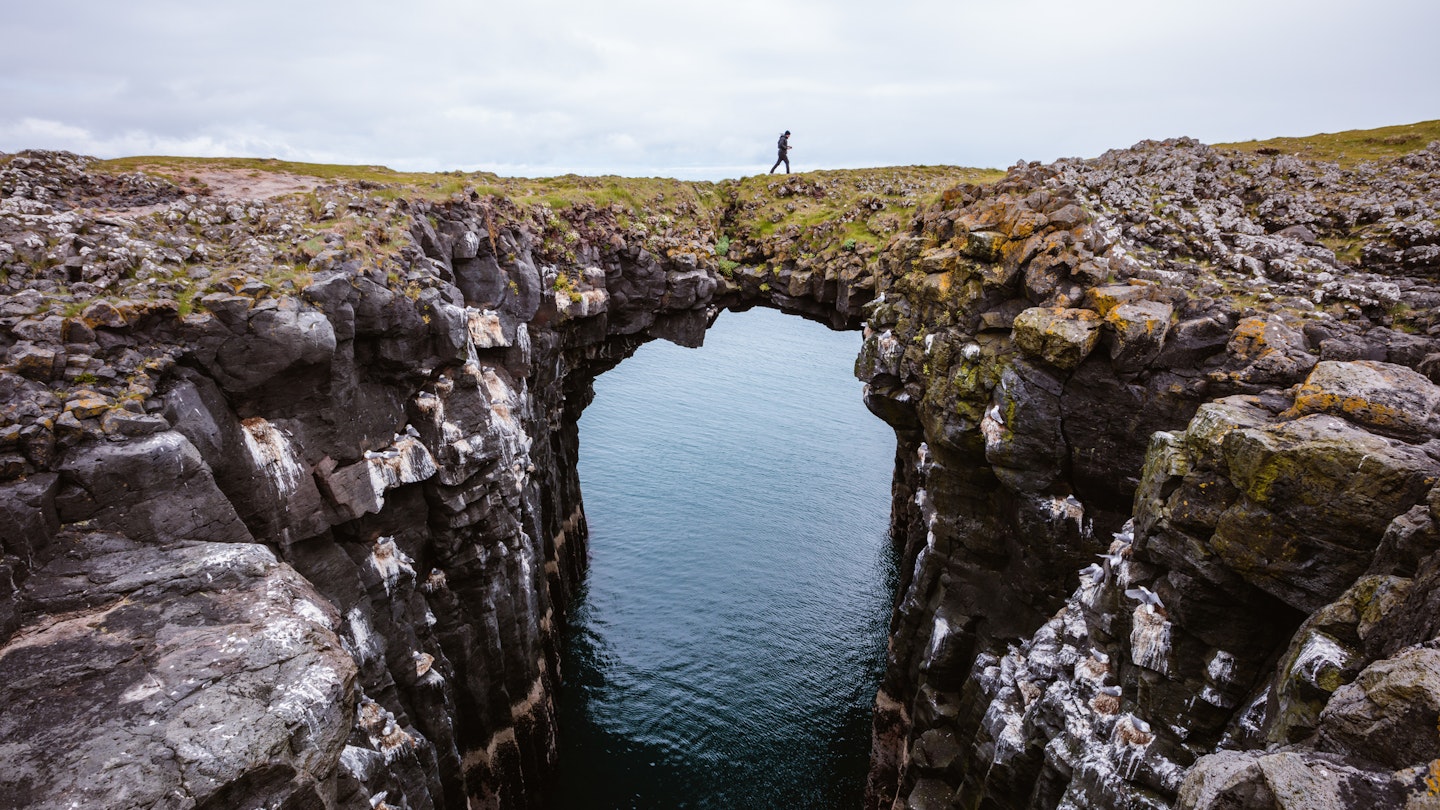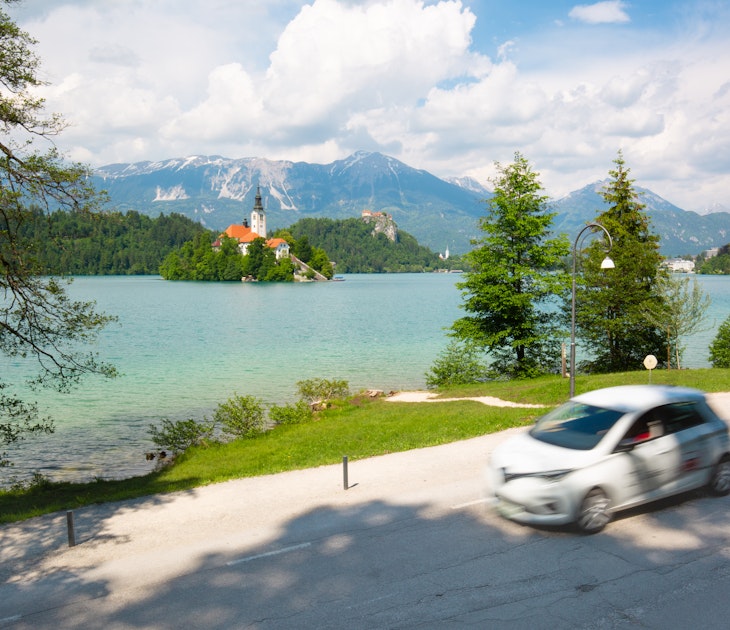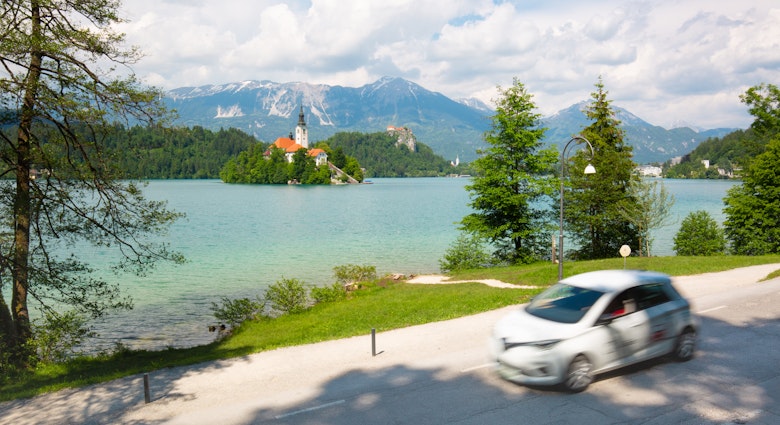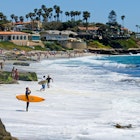Sometimes we travel because we have to; perhaps we need to go to a wedding with relatives who live on the other side of the world or we have meetings in cities that aren't our own. But most travel isn't involuntary. Instead, we travel because we want to or because we want to explore someplace new. Because work is too much and we need an escape. Because we got a good deal on flights. Because we want to see April in Paris.
But is it possible to have too much of a good thing? Can this urge to fill in maps and charter new territory lead to an actual addiction? Is there such a thing as a compulsive urge to wander?
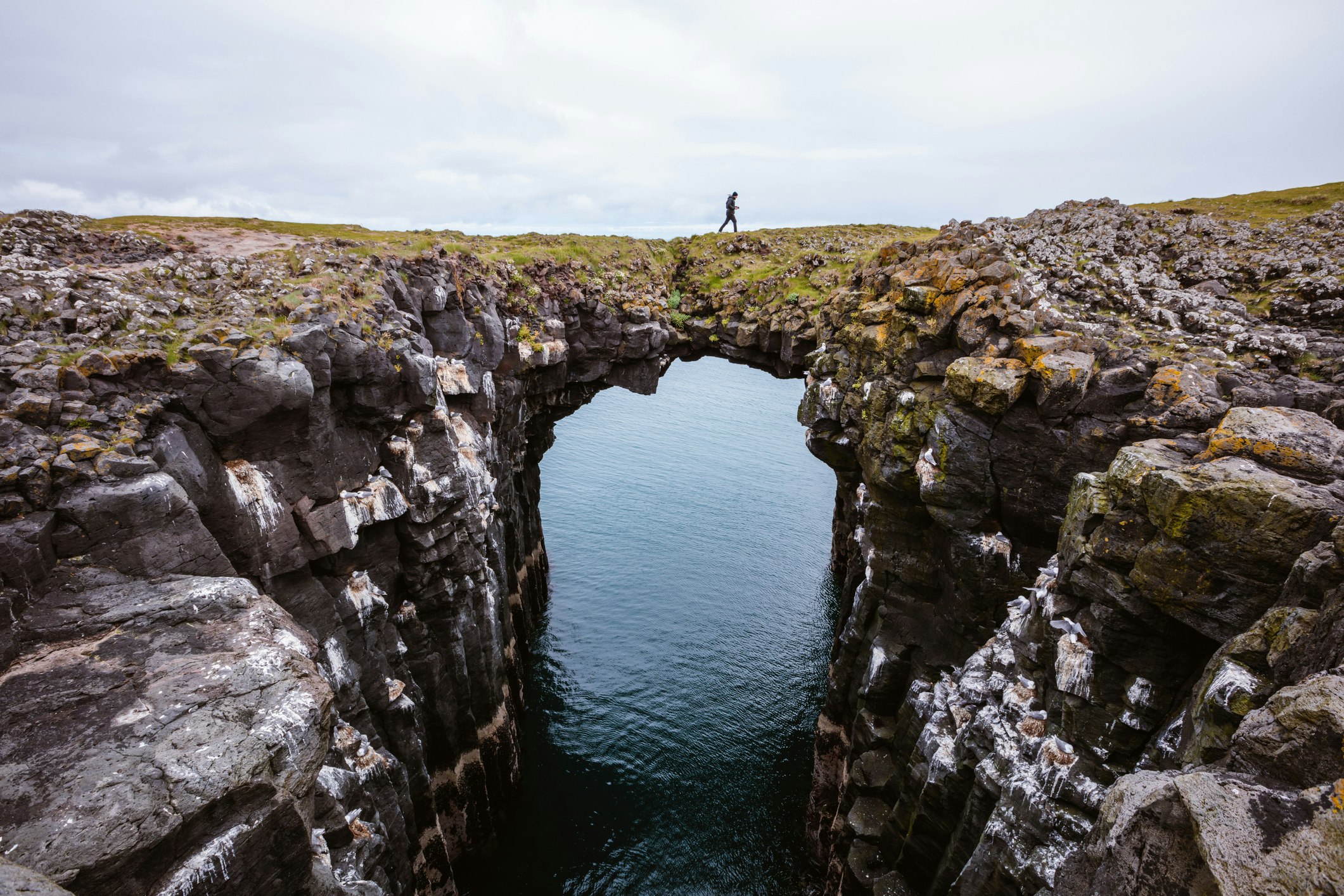
"In rare instances, yes, there is," says Dr Michael Brein, a social psychologist who specialises in travel and intercultural communication. "I know and have met many people, some of whom seemed to live to travel in such a manner that they could conceivably get themselves in trouble, for, say, running out of money."
Dr Brein believes that if travel becomes too much for people, too much a form of escapism that overwhelms a life and all other meaningful pursuits and goals are postponed or ignored until it becomes too late, then travel can be as disruptive as any other addiction.
"Most of us are focused on a variety of life goals like education, careers, companionship, marriage, family formation, and planning for and working for retirement," says Dr Brein. "When these are put on hold—when life itself is put on hold—there is the possibility of responsible living getting derailed, maybe even permanently."
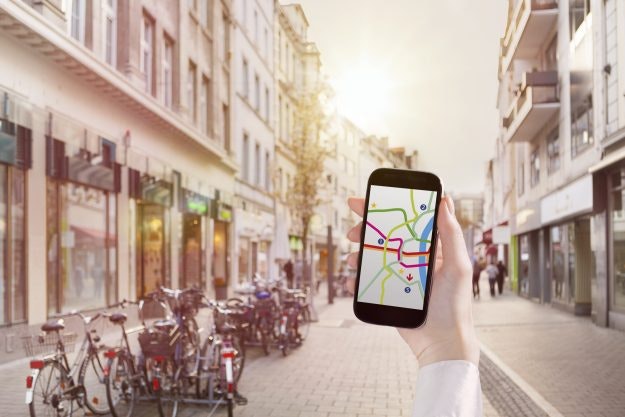
He adds: "It is one thing to put life on hold by endless travelling, but there can be a heavy price to pay."
In 2000, the Diagnostic Statistical Manual of Mental Disorders (DSM) officially added ‘dromomania’ to its list as an "impulse-control disorder" and a "psychiatric problem." Generally speaking, it's classed as an uncontrollable psychological urge to wander. People who suffered from the disorder, it said, had "an abnormal impulse to travel" and were "prepared to spend beyond their means, sacrifice jobs, lovers and security in their lust for new experiences."

Yet, for Dr. Brein only a tiny percentage of travellers he’s met actually have an impulse-control addiction similar to dromomania. Travel is a basic human desire. We're a migratory species. Travel broadens the mind, makes people more open-minded, creative and can improve their lives in a myriad of ways. For Dr Brein, travel is a positive experience and the benefits outweigh any negatives.
"I am more left in awe of the matter, understanding what I do of the psychology of travel and realising just how awesome travel is and how it mostly and mainly benefits us rather than harms us."

